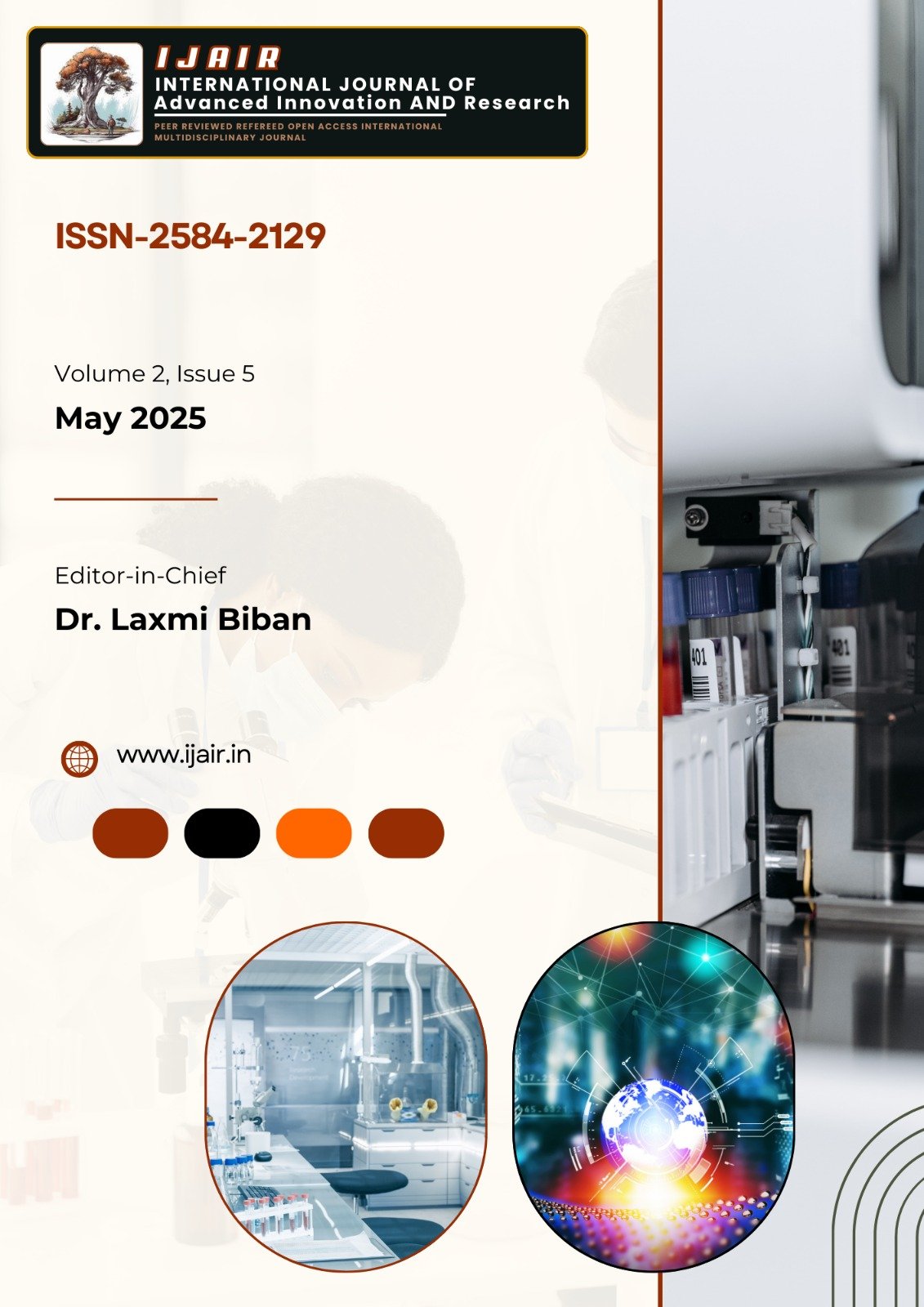Gender and Power Dynamics in Bapsi Sidhwa’s The Pakistani Bride Siddhant
Keywords:
Patriarchy Gender inequality Power dynamics Cultural identity Women‟s agencyAbstract
This paper explores the intricate relationship between gender and power in Bapsi Sidhwa’s novel The Pakistani Bride, set in the patriarchal and tribal society of Kohistan, Pakistan. It examines how male dominance and cultural traditions perpetuate the subjugation and commodification of women, restricting their agency and identity. Through characters like Zaitoon and Carol, Sidhwa exposes the harsh realities faced by women who challenge entrenched gender roles and power structures. The study highlights how patriarchal power is maintained through social norms that prioritize male honor and control over female autonomy. Drawing on feminist theories and concepts of hegemony, the paper argues that women’s struggle for self-identity and freedom is persistently undermined by a society that equates female autonomy with dishonor. Sidhwa’s narrative ultimately advocates for recognizing women as equal beings deserving dignity, respect, and the right to self-determination, challenging the deeply ingrained gender inequalities in radical societies.

Downloads
Published
Issue
Section
License

This work is licensed under a Creative Commons Attribution-NonCommercial 4.0 International License.


